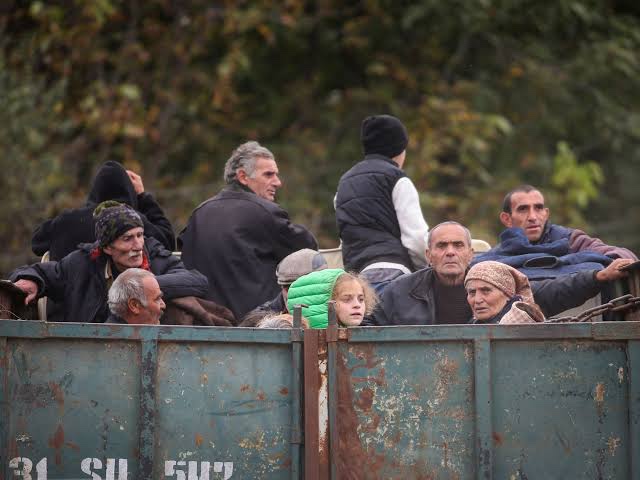Karabakh refugees face uncertain future amidst Azerbaijan’s victory

In the aftermath of Azerbaijan’s swift recapture of Nagorno-Karabakh, over 100,000 ethnic Armenians, including Suren Martirosyan’s family, have become refugees, leaving behind homes and cherished memories. The exodus has given rise to a refugee crisis in Armenia, with families now residing in temporary shelters provided by the government.
Suren Martirosyan, reflecting on the loss of his fruit garden, blames Russian peacekeepers and the Yerevan government for the fall of Karabakh, asserting that it was their defeat rather than the Armenian army’s. The conflict’s resolution marked the end of a longstanding territorial dispute that had seemed unresolvable.
Despite talks of a potential peace agreement between Armenia and Azerbaijan, many Karabakh refugees remain skeptical. Deep-seated ethnic hatred, stemming from decades of enmity, casts a shadow over hopes for peaceful coexistence. Boris Dolukhanyan, a 65-year-old refugee, expresses disbelief in the possibility of peace, fueled by personal tragedy and a desire to reclaim lost lands.
For the displaced families, like Dolukhanyan’s, adjusting to a new reality poses significant challenges. Dreams of returning home are marred by concerns about safety and the desire to live separately from Azerbaijanis. As negotiations continue, the future remains uncertain for Karabakh refugees, whose Christmas wishes are woven with a yearning for miracles that might bring them back to the homes they left behind.












